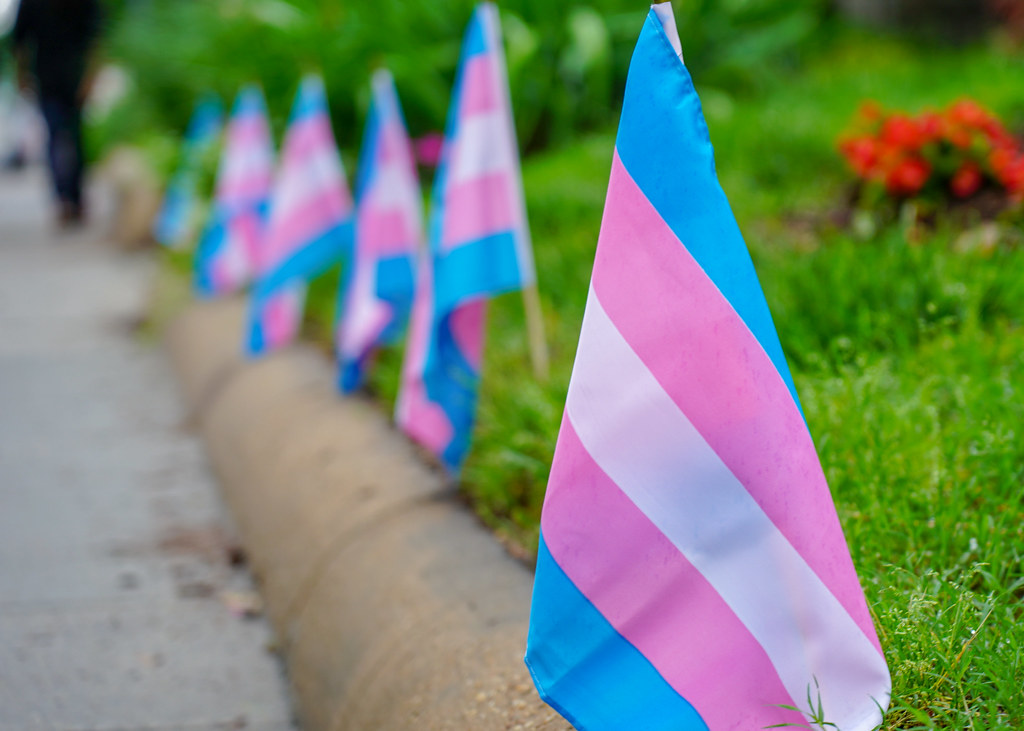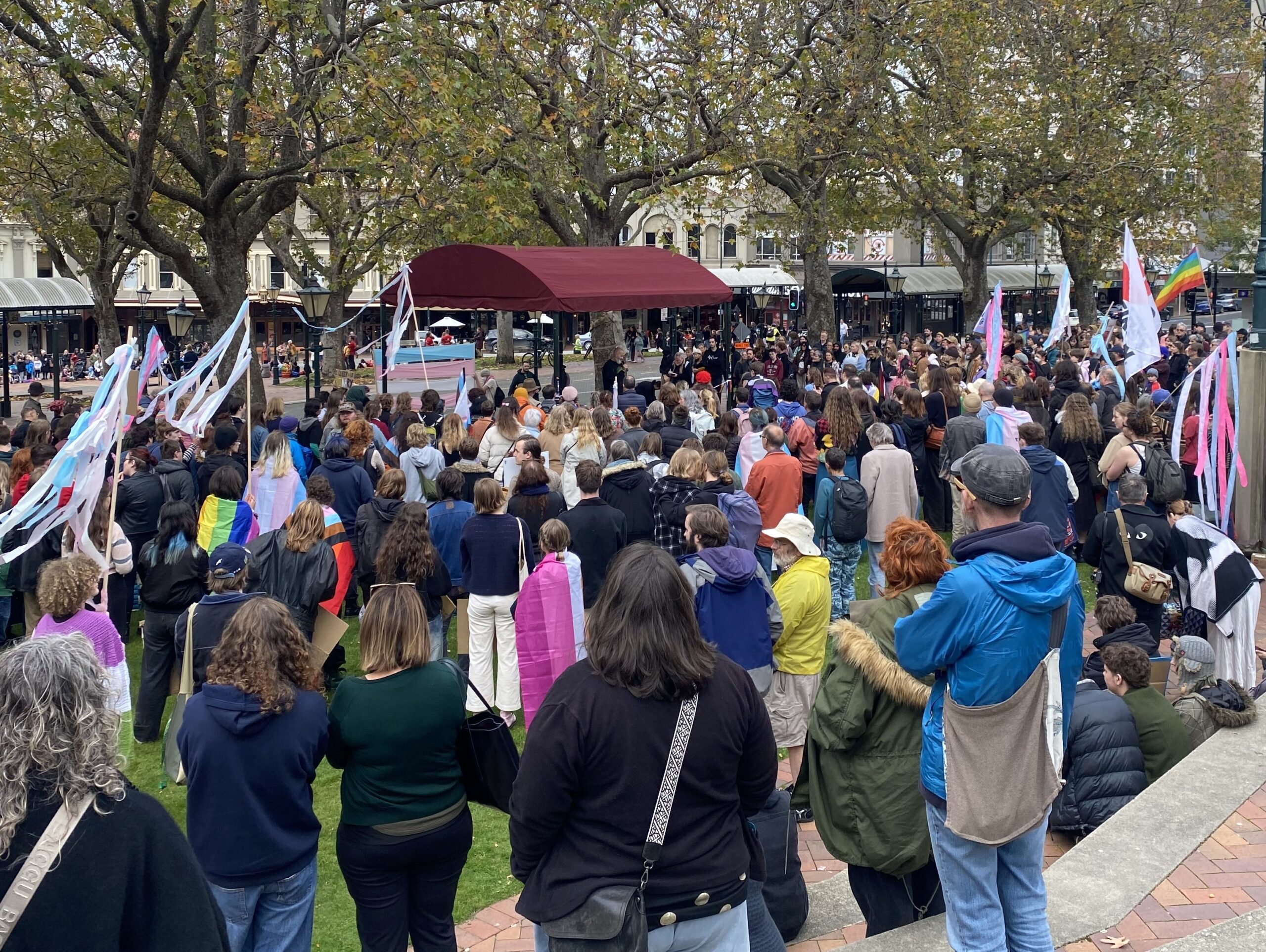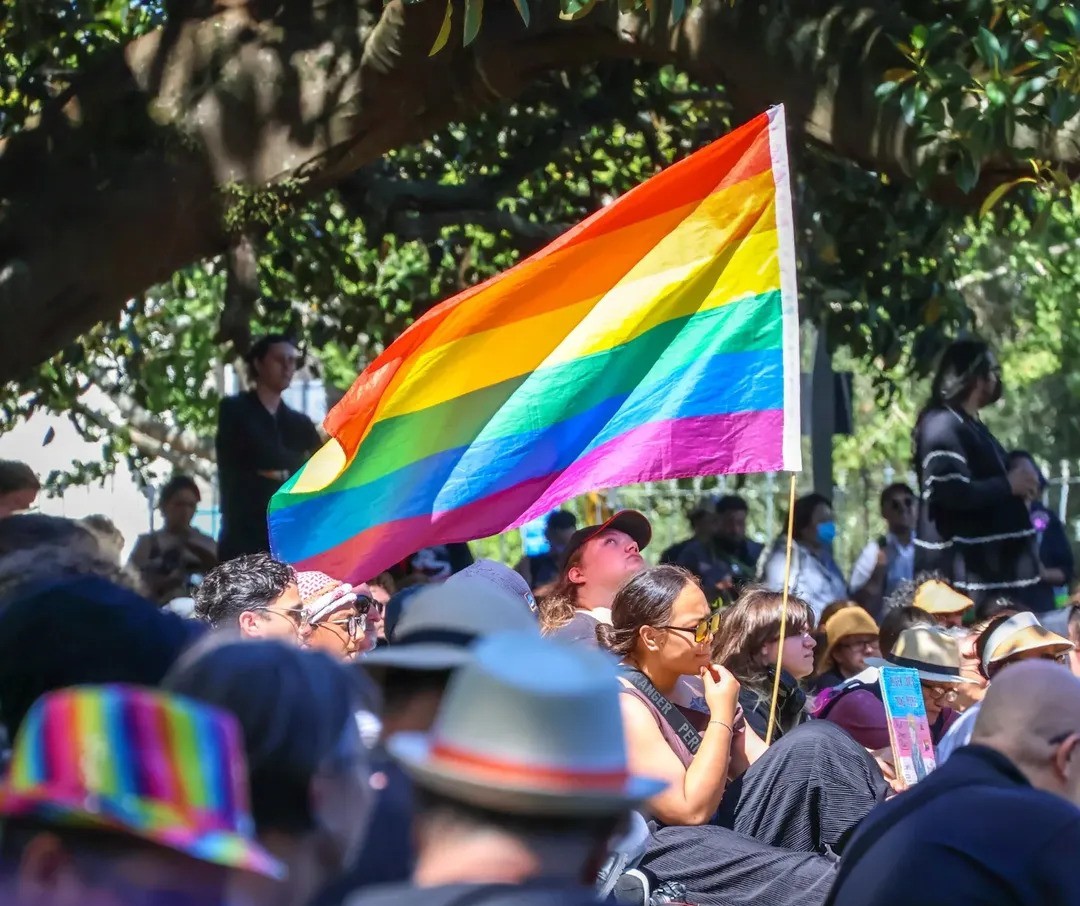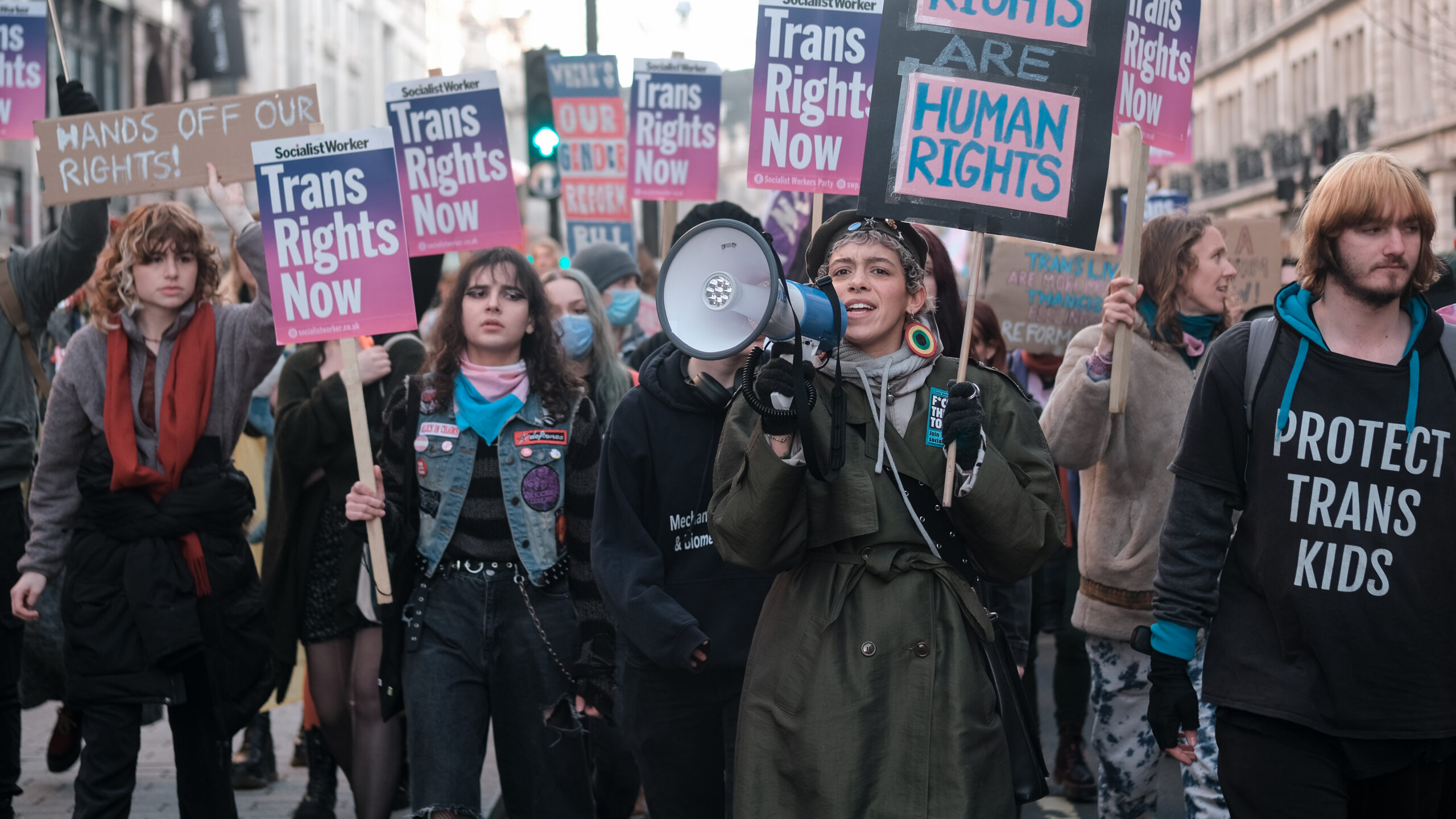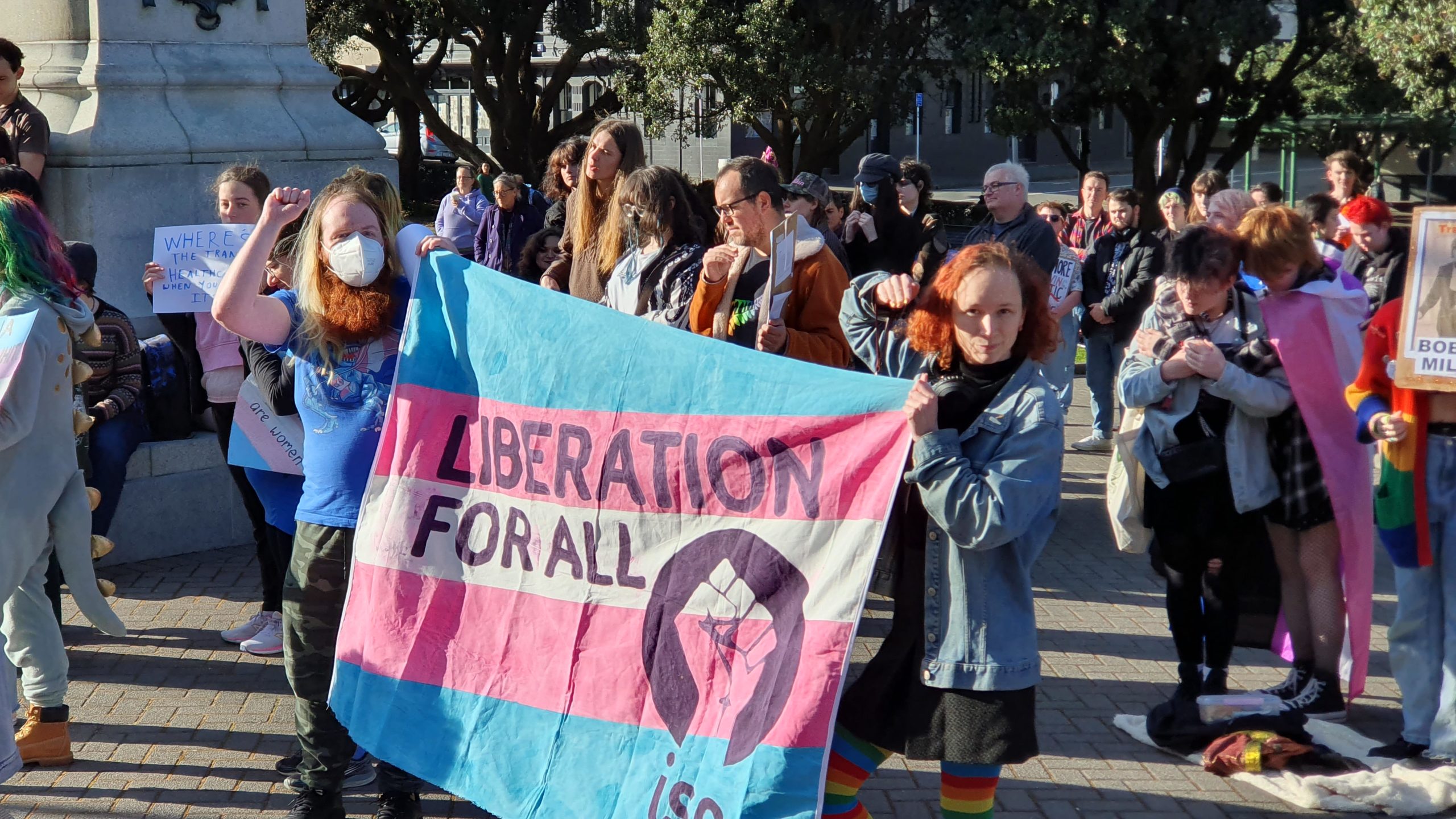This public screening was held as a fundraiser for Wellington Pride Festival. WPF will be running a series of events and fundraisers over the coming few months; the next film is The Birdcage (1996) on Friday 10th October. Keep an eye on their website for details!
SLIGHT SPOILER WARNING!!!
Pride (2014) opens with the trade union anthem “Solidarity Forever” played over archival footage of the Battle of Oregreave, as masses of baton-bearing cops form ranks behind a cavalry contingent ready to charge into the picket line of striking miners. This was the most brutal act of state violence during the 1984-85 British Miners’ Strike and the song’s triumphant chorus forms a counterpoint that defies the state’s repression and defines the film’s revolutionary “pride”: “Solidarity Forever! For the union makes us strong!”
Directed by Matthew Warchus, Pride tells the story of two seemingly disparate communities who attempt to unite against state oppression. Recognising a shared struggle against state violence in the miners’ strike, Gay Rights activist (and communist) Mark Ashton (played by Ben Schnetzer) begins raising money to support the mining communities being starved out by Thatcher’s anti-unionist government. With the help of friends and allies in the London queer community, Mark sets up “Lesbians and Gays Support the Miners” (LGSM), sending funds raised directly to the starving mining village of Dulais in Southern Wales.
Britain during the 80s saw a massive attack on working-class people through the anti-union politics of Margaret Thatcher. This coincided with the arrival of AIDS in Britain and Ireland, sparking increased fearmongering about queer people as spreaders of the deadly disease. The shared experience of police brutality, state repression, and media slander proved to be an important link between two groups who would otherwise appear to be opposite in every way.
The film depicts some families in the mining community as resistant, initially refusing aid from LGSM. Fearing that support from the queer community would disgrace the miners’ struggle, these characters spout fear-mongering homophobia published in the news. However, in response, union leader Cliff Barry (played by Bill Nighy) says “I don’t believe what they say about us, why listen to what they say about them!” – a statement that corrects a false consciousness characterised by culture war (us vs them), with a class consciousness that recognises worker solidarity! When the media is eventually tipped off to LGSM’s support, and runs an inflammatory story calling the queer activists “perverts”, the already revolutionary community formed by the mining community and LGSM repurposes the headline for a “Pits and Perverts” fundraiser concert headlined by Bronski Beat – a real concert held on 10 December 1984.
The film chooses to focus on the joy found in reconstituting social relations in spite of societal expectations and supposed divisions: One particularly memorable scene sees the flamboyant Jonathon dance along the tables in the Dulais mining hall during a community fête to Shirley and Company’s “Shame, shame, shame”. The miners watching on are stoic, perhaps disparaging, but gradually a brief smile occurs, they become curious and interested in Jonathon’s obscenely talented dancing; the women of the community enthusiastically join in and, later, some young men ask Jonathon to teach them how to dance. This incredibly joyous, life-affirming scene shows that what the queer community offers to the mining community is much more than financial support but new forms of being; it’s an unconditional recognition of a shared humanity and self-expression, despite their differences.
While watching this story unfold, it was impossible not to draw parallels between Thatcher-era Britain and our current repressive government with its similar attacks on working people through the abandonment of pay equity and cutting thousands of jobs, and on queer people through the transphobic law changes championed by NZ First. It is not by accident that attacks on the working class coincide with attacks on queer people, indigenous people, and minorities. These are tactics of a culture war designed to divide the working class and enable greater oppression and exploitation. They show, however, that the capitalist class recognises the latent revolutionary power of the working class and will do whatever it takes to keep them subordinate. But – fuck Thatcher, fuck Luxon, and fuck their exploitative neo-liberal policies – the bonds formed by solidarity transcend petty divisions. In the film, as in real life, the 1985 Pride march in London was led by mining communities from Dulais and, as the final scene of the film informs us, the National Union of Miners would subsequently be a deciding vote in favour of the Labour Party enshrining gay rights in their manifesto.
It was a joy to see a celebration of solidarity depicted on screen. It is also important to recognise that this film is only a performance of solidarity. Pride, produced by BBC Films with a multi-million dollar budget, for an international audience, needed to draw a profit. As a result of this, we discovered that the filmmakers left out all overt references (though keeping a few cheeky hints) to the central character Mark Ashton’s role as a leader of the Young Communist League, ostensibly to make the story more palatable to mainstream (particularly American) audiences. Neglecting to name Mark Ashton’s communist politics reminds us that while mainstream films and art can inspire and inform us, real working class solidarity must take place on the street, side-by-side with queer folk, with Māori, with workers all over the world.
Despite this, overall we greatly enjoyed this bittersweet but hopeful film. Furthermore, getting to watch it in a room full of union and queer activists, who all joined in singing “Solidarity Forever” and “Bread and Roses”, was incredibly meaningful. We encourage all aspiring socialists, unions, and queer activists to watch Pride, and also come along to future Wellington Pride Festival fundraisers – it’s a great way to show up for and build connections with our queer comrades.



